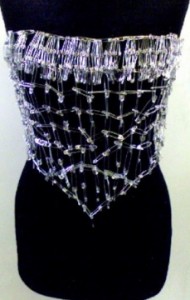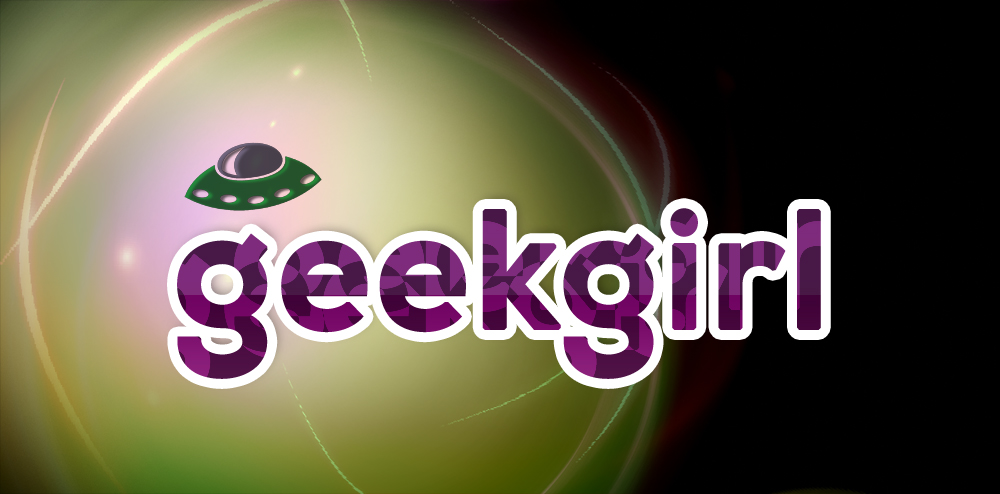
Artist Bree O'Dwyer
About
Mudfest is the University of Melbourne’s student arts and drama festival and in 2011 will run from the 18th – 28th August. Over 21 years Mudfest has grown to become the largest student arts festival in Australia, and the program includes theatre, creative writing, dance, cabaret, visual art, opera, musical theatre, installation and performance and everything in between! The theme for this year’s festival is the ‘Kaleidoscope of imagination’ – celebrating and showcasing the creative and imaginative talents emerging from the University of Melbourne.
The Mudfest student arts and culture festival has grown to encompass all forms of artistic expression since it began in 1990. Presented every two years by the University of Melbourne Student Union, Mudfest nurtures, encourages and supports new and innovative arts practices amongst the students, whilst also providing them with professional and creative development opportunities.
Ten days of unbridled, back-to-back artwork. It’s by the students, for the students. Show us how you see the world.
Mudfest 2011: 18th– 28th August.
For tickets, program details and further information visit: http://mudfest.org.au/
http://twitter.com/#!/mudfest2011
http://www.facebook.com/profile.php?id=100002347879401
This year Mudfest is also a paper-free festival!!
What is NCSS?
The National Computer Science School (NCSS) is a week long summer school for students going into years 11 and 12. NCSS brings together talented young people from around Australia for an intensive course of computer programming and website development in the School of IT at the University of Sydney.
NCSS 2010 will run from Saturday 2 January to Monday 11 January, 2010 (inclusive).
NCSS has been offered in various formats since 1996, when it was initiated by the University’s Foundation for Information Technology. This makes 2010 the 15th year of the program.
NCSS is organised by academic staff, alumni and students of the School of Information Technologies. The school is completely residential, with all students staying with NCSS staff in full-board accommodation provided by The Women’s College, within the main Camperdown campus of The University of Sydney.
It’s definitely worth supporting this initiative especially if you have the skills to be a tutor. Private tutoring is a lucrative business and anyone with the skill set should truly consider it. Applications for http://www.ncss.edu.au/ are now open. They put some effort into attracting applications from girls and from students from disadvantaged backgrounds.
Students from three Melbourne high schools took control of CSIRO’s famous Parkes telescope in NSW using the internet and posted their results on Twitter.
This is the first time the social networking site has been used to report their findings and already they have attracted international interest with NASA scientists signing up to watch their efforts.
The students who drove the telescope from the Victorian Space Science Education (VSSEC) in Melbourne used it to make real observations of the small spinning stars called pulsars.
Scientists who use NASA’s Fermi space telescope to study pulsars work collaboratively with researchers using the Parkes telescope.
They are interested in what the students from Footscray City Secondary College, Braemar College and Strathmore Secondary College will find and have signed up for the Twitter updates.
The session is part of an ongoing program called ‘PULSE@Parkes’ that is giving students around the country the chance to do real science with a large, professional, radio telescope.
The program is an initiative of CSIRO’s Australia Telescope National Facility (ATNF), which operates Parkes and other radio telescopes in NSW.
Up to 24 students can take part in an observing session.
Some days before the session they receive an introduction to radio astronomy, pulsars, and the nuts and bolts of observing.
During the actual session they talk to an astronomer present at Parkes via videolink and take full control of the telescope.
The students take real data and analyse it to determine, for instance, the distance of the pulsars they observe.
To follow future students on Twitter follow PULSEatParkes.

